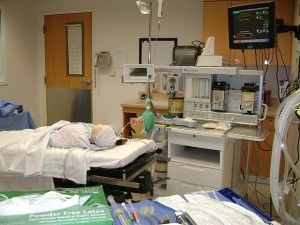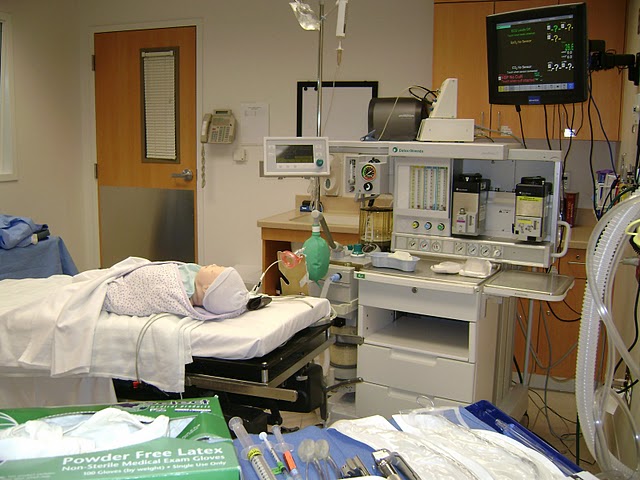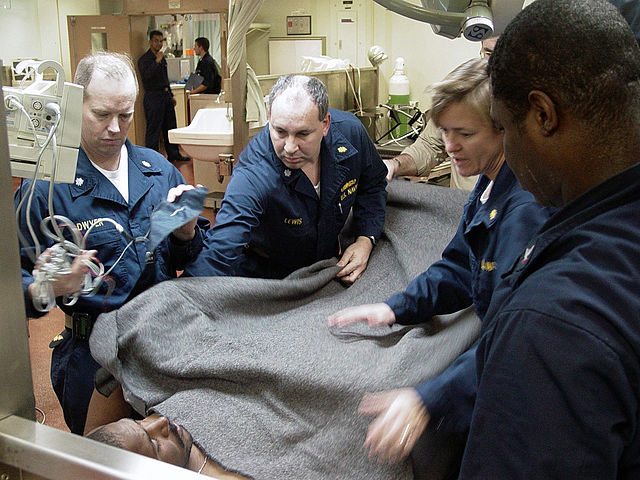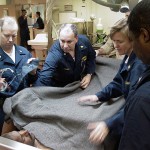 CRNAs work in many practice settings. Those working in an office, clinic or small hospital often work as independent providers and work in collaboration with their surgeon. CRNAs working in larger hospitals often work in an anesthesia team model and charges are made based on “supervision” by an anesthesiologist who is “immediately available”. The definition of immediately available remains a topic of debate.
CRNAs work in many practice settings. Those working in an office, clinic or small hospital often work as independent providers and work in collaboration with their surgeon. CRNAs working in larger hospitals often work in an anesthesia team model and charges are made based on “supervision” by an anesthesiologist who is “immediately available”. The definition of immediately available remains a topic of debate.
Writing in the blog The Anesthesia Insider, Tony Mira addresses the topics of immediately available and billing fraud. He notes that there has never been a numerical definition for distance or amount of time allowable for an anesthesiologist to respond to a call to the room and states that the HHS Inspector General has visited hospitals, put on scrub clothes and observed the participation and availability of the anesthesiologist during a case.
Addressing this issue, last year the ASA House of Delegates approved this definition of “immediately available”
A medically directing anesthesiologist is immediately available if s/he is in physical proximity that allows the anesthesiologist to return to re-establish direct contact with the patient to meet medical needs and address any urgent or emergent clinical problems. These responsibilities may also be met through coordination among anesthesiologists of the same group or department.
Differences in the design and size of various facilities and demands of the particular surgical procedures make it impossible to define a specific time or distance for physical proximity.
In addition to observing the level of participation and availability of the anesthesiologist, the IG also does record audits looking for the following:
- Errors in billing medically directed (modifier QK) cases as personally performed (modifier AA);
- Missing documentation of any post-anesthesia care; and
- Missing physician initials on the anesthesia records.
The clear implication for the CRNA at the head of the table is that if the anesthesiologist is billing for supervising the case they must be present and must also participate. In addition, the participation must be documented. Failure of the Anesthesiologist to be present and participate constitutes billing fraud.


